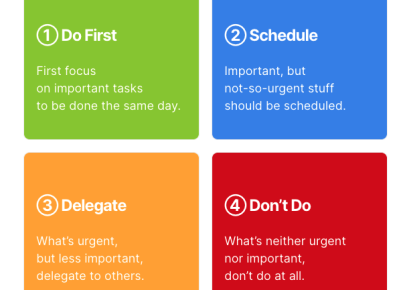Introduction:
Project Based Learning (PBL) has gained a significant amount of attention in recent years as an effective teaching strategy employed in educational institutions worldwide. Despite its growing popularity, some critics argue that PBL is just another educational fad that will fade away eventually. However, here are seven reasons why PBL is here to stay and not just a passing trend.
1. Enhances Student Engagement:
Students are more likely to be engaged in learning when they have the opportunity to apply their knowledge to a real-life situation. PBL promotes student engagement through hands-on activities and meaningful projects that help them understand the relevance of their learning.
2. Fosters Collaboration and Cooperation:
PBL encourages teamwork, communication, and collaboration among students as they work together to complete projects. These vital skills are necessary for success in the 21st-century workplace, making PBL an indispensable tool for preparing students for the future.
3. Encourages Critical Thinking and Problem Solving:
Instead of relying on memorization and recall, students must analyze, evaluate, and synthesize information while working on projects in PBL environments. This emphasis on critical thinking and problem-solving helps them become better learners and more capable individuals.
4. Develops Project Management Skills:
As students manage their projects from concept to completion, they learn essential project management skills such as prioritizing tasks, allocating resources effectively, meeting deadlines, and organizing workload. These skills prepare them for real-world challenges both academically and professionally.
5. Offers Opportunities for Differentiated Instruction:
PBL allows teachers to meet the diverse needs of students by offering opportunities for differentiated instruction. Students can work at their pace through customized learning experiences tailored to their strengths and interests which helps improve overall academic performance and motivation.
6. Provides Authentic Assessment Opportunities:
Traditional assessments usually evaluate how well a student can memorize information or perform on tests with less context. PBL, on the other hand, allows for authentic assessments where students’ performances and understanding are gauged through their project work, showcasing their true capabilities.
7. Aligns with Future Workforce Demands:
As industries shift towards more collaborative and creative problem-solving environments, PBL serves as an essential tool to equip students with the skills required to meet the demands of the future workforce. PBL helps bridge the gap between education and employment by providing students with an authentic learning experience that mirrors real-world scenarios.
Conclusion:
Project Based Learning has proven to be a powerful teaching tool that transcends passing trends or fads in education. With its focus on engaging students, fostering collaboration, promoting critical thinking, and preparing them for future challenges, it’s safe to say that PBL will continue to make a lasting impact on education for years to come.





